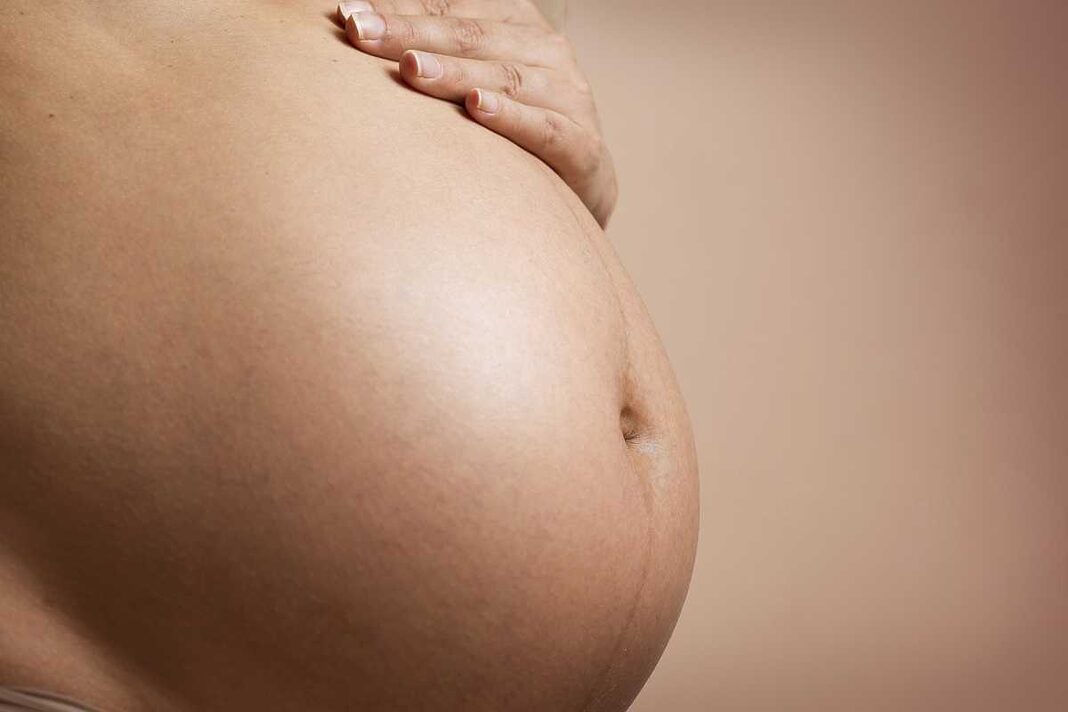The increase is “stunning and unprecedented,” said Dr. James Thorp, an obstetrician-gynecologist.
The United States continues to lead developed nations in maternal deaths, with some experts calling the recent rise unprecedented despite spending trillions on health care.
Mental health issues, racial disparities, and a shortage of specialized care providers all contribute to this “crisis,” according to a report by the Commonwealth Fund, an independent research foundation that focuses on health care issues.
A Shortage of Health Care Professionals
The recent analysis showed that the United States had a maternal mortality rate of 22 deaths per 100,000 live births in 2022, significantly higher than other high-income countries—often more than doubling or even tripling their figures, according to the report. Half of the countries in the analysis reported fewer than five maternal deaths per 100,000 live births.
The increase is “stunning and unprecedented,” Dr. James Thorp, an obstetrician-gynecologist at the Sisters of St. Mary’s Health System in Saint Louis, Missouri, told The Epoch Times, referring to an increase in maternal deaths over the past few years. “And it really went … kind of unrecognized, kind of just slipped under the door, so to speak,” he noted.
Maternal mortality is defined as the death of a woman while pregnant or within 42 days of pregnancy’s end from any cause related to or aggravated by pregnancy or its management, excluding accidental or incidental causes. About 75 percent of maternal deaths worldwide are caused by severe bleeding, infections, high blood pressure during pregnancy, complications from delivery, and unsafe abortion, according to the World Health Organization (WHO).
In the United States, most maternal deaths occur during the postpartum period—especially the late postpartum period between 43 and 365 days after birth, as per the Commonwealth Fund’s research. This is a critical time when women face increased risks of severe bleeding, high blood pressure, and infection.
The analysis highlights a shortage of maternal care providers in the United States, with just 16 midwives and obstetricians per 1,000 live births. Comprehensive postpartum support, including home visits from midwives and nurses, is vital to address maternal and mental health concerns and assess social health drivers, the authors wrote.







